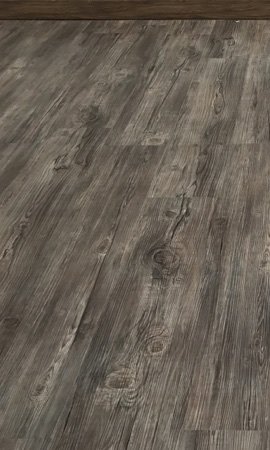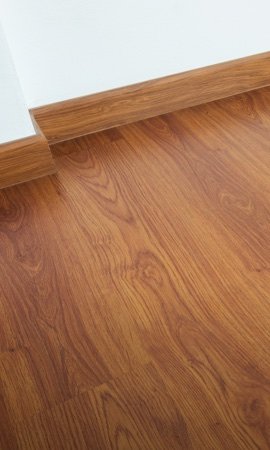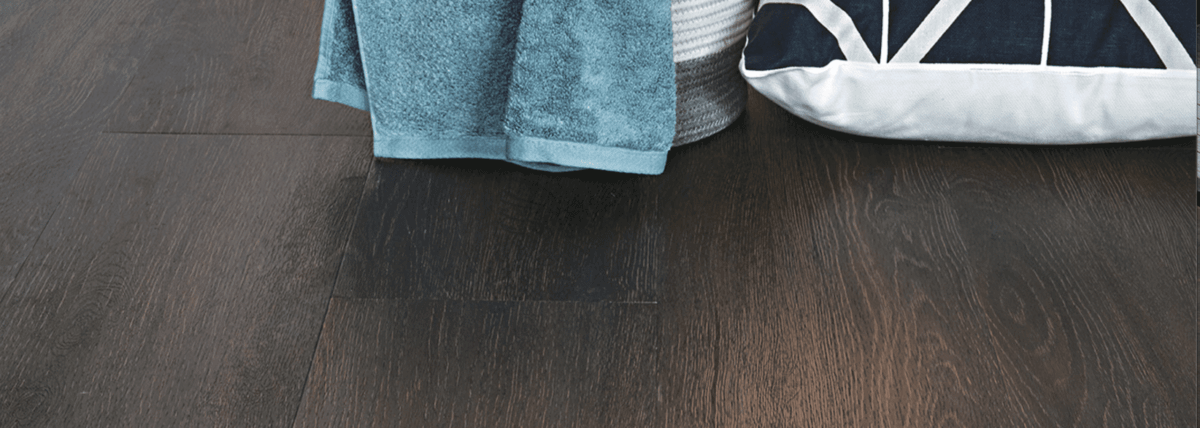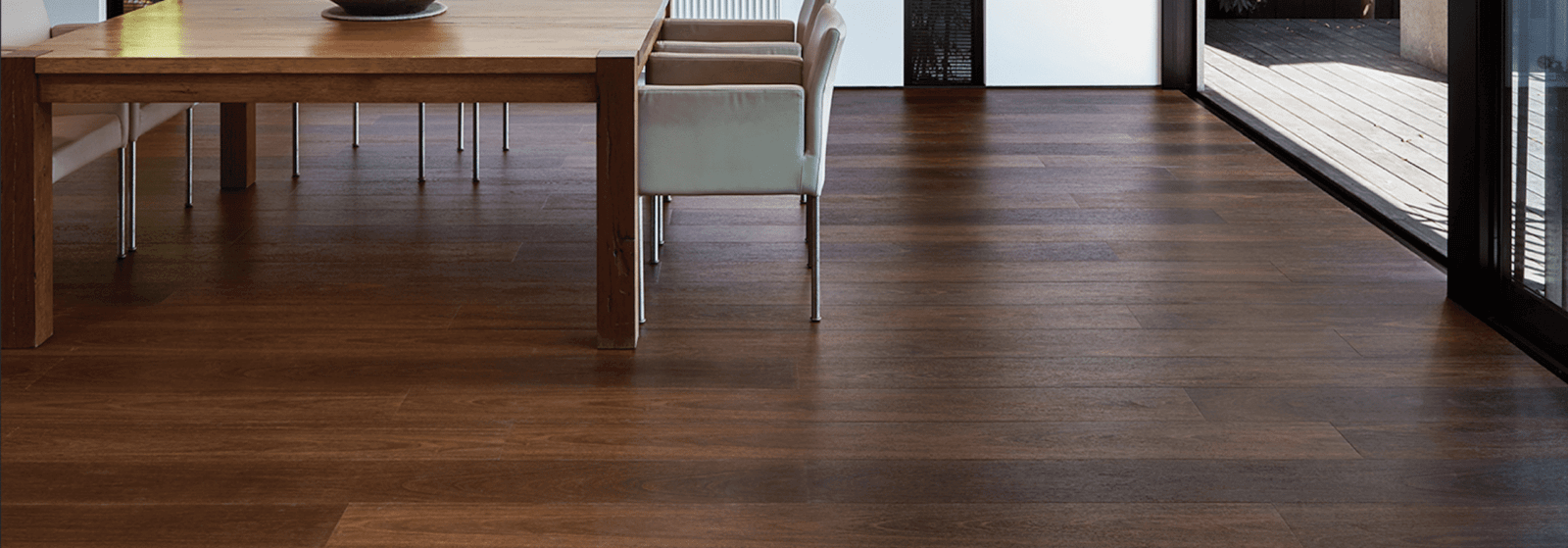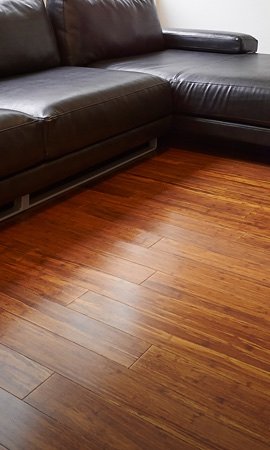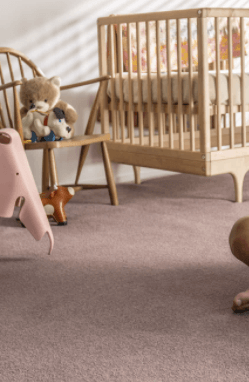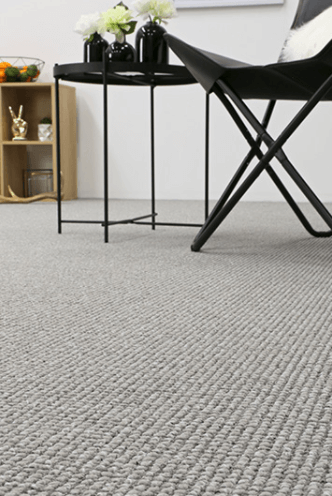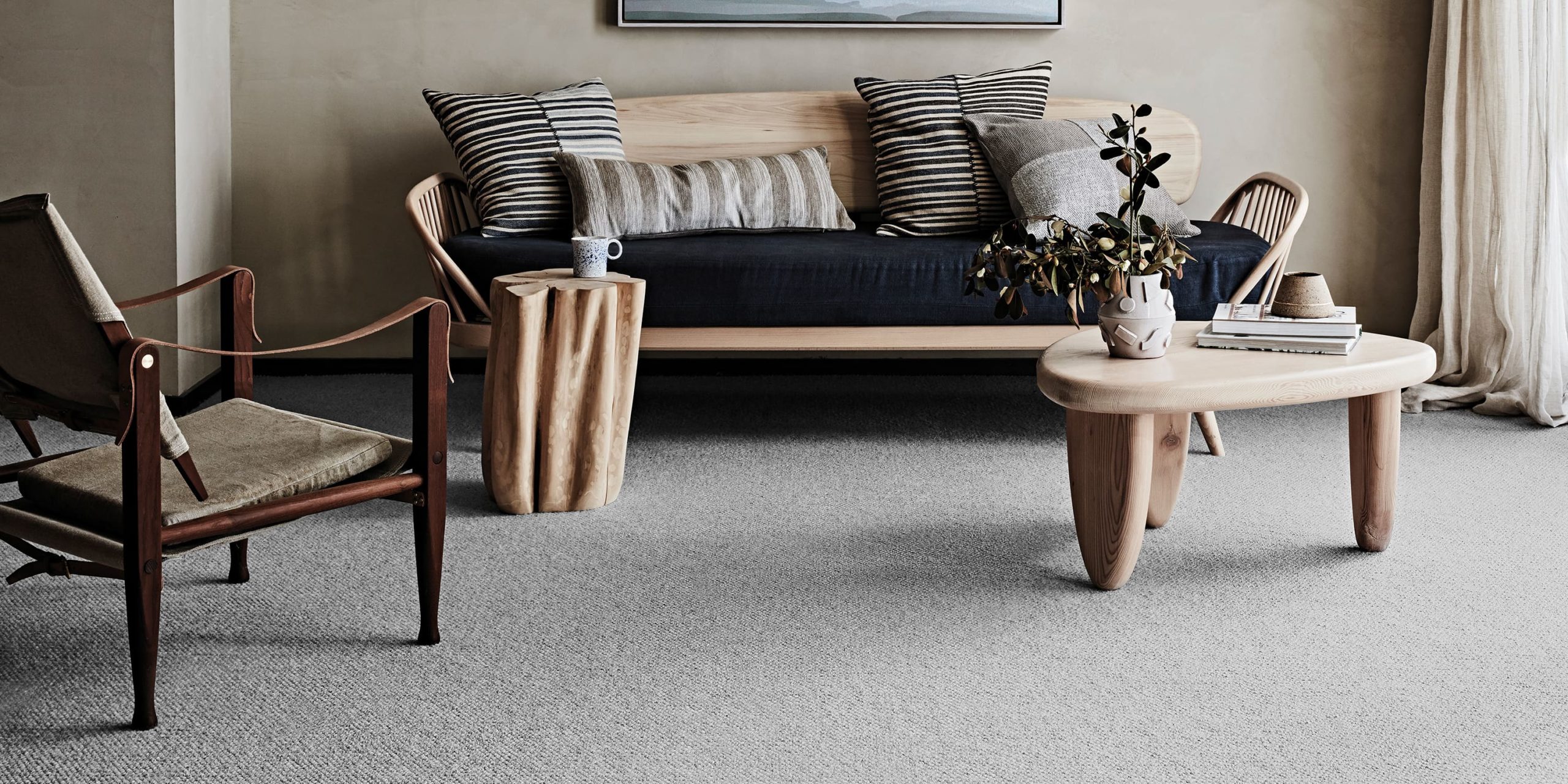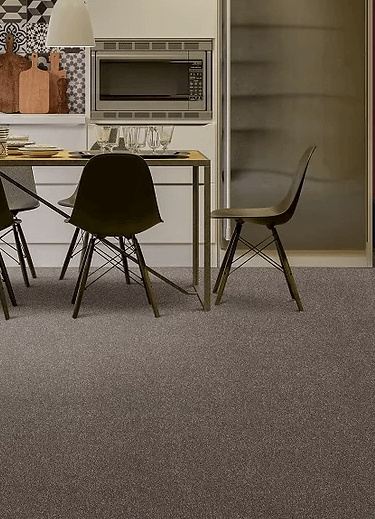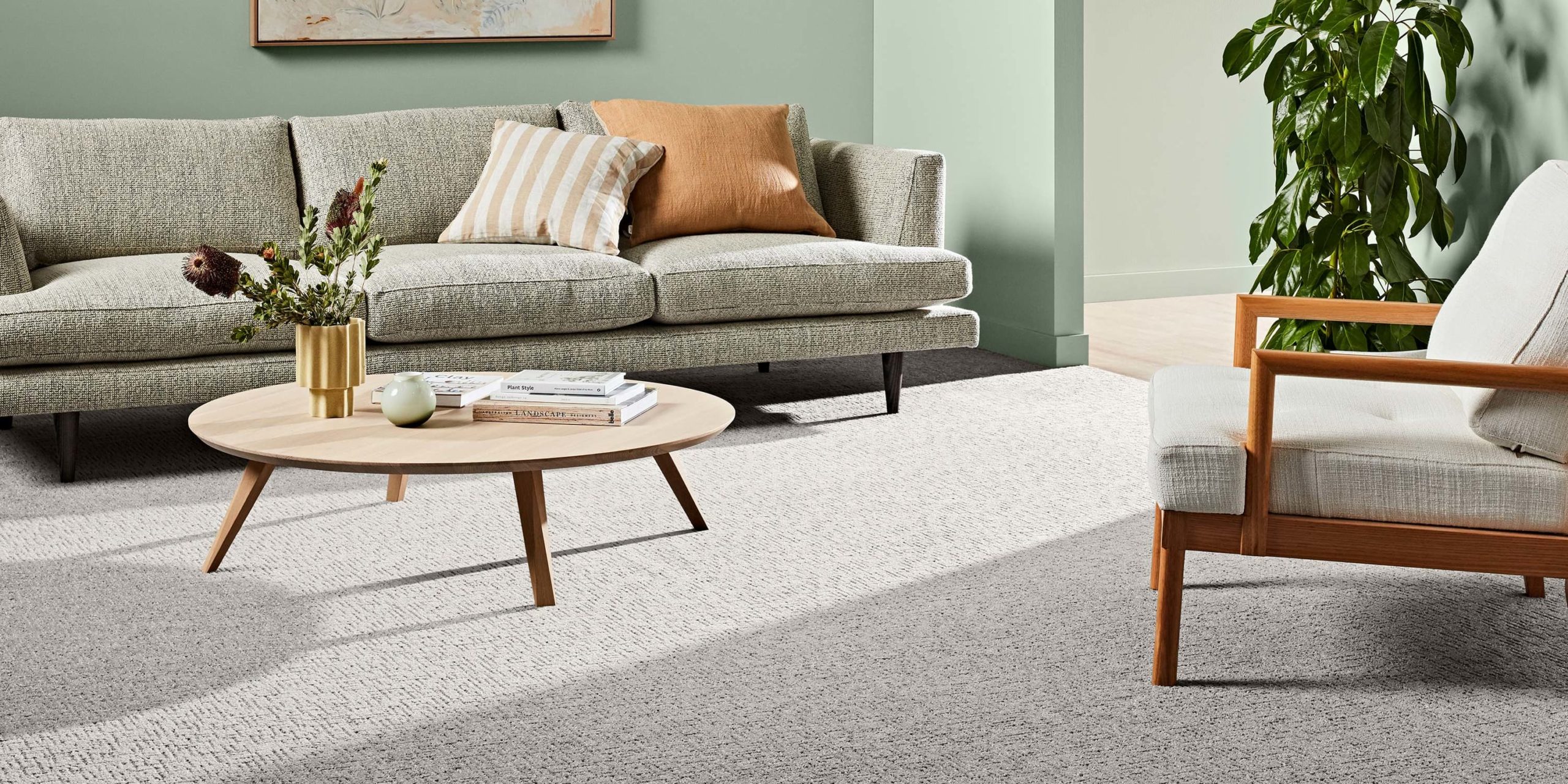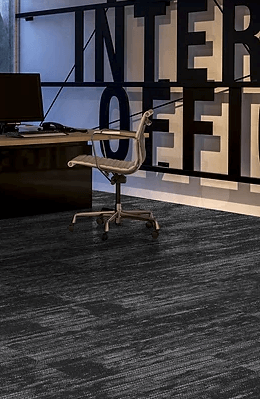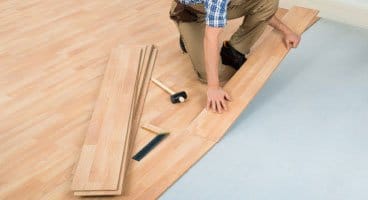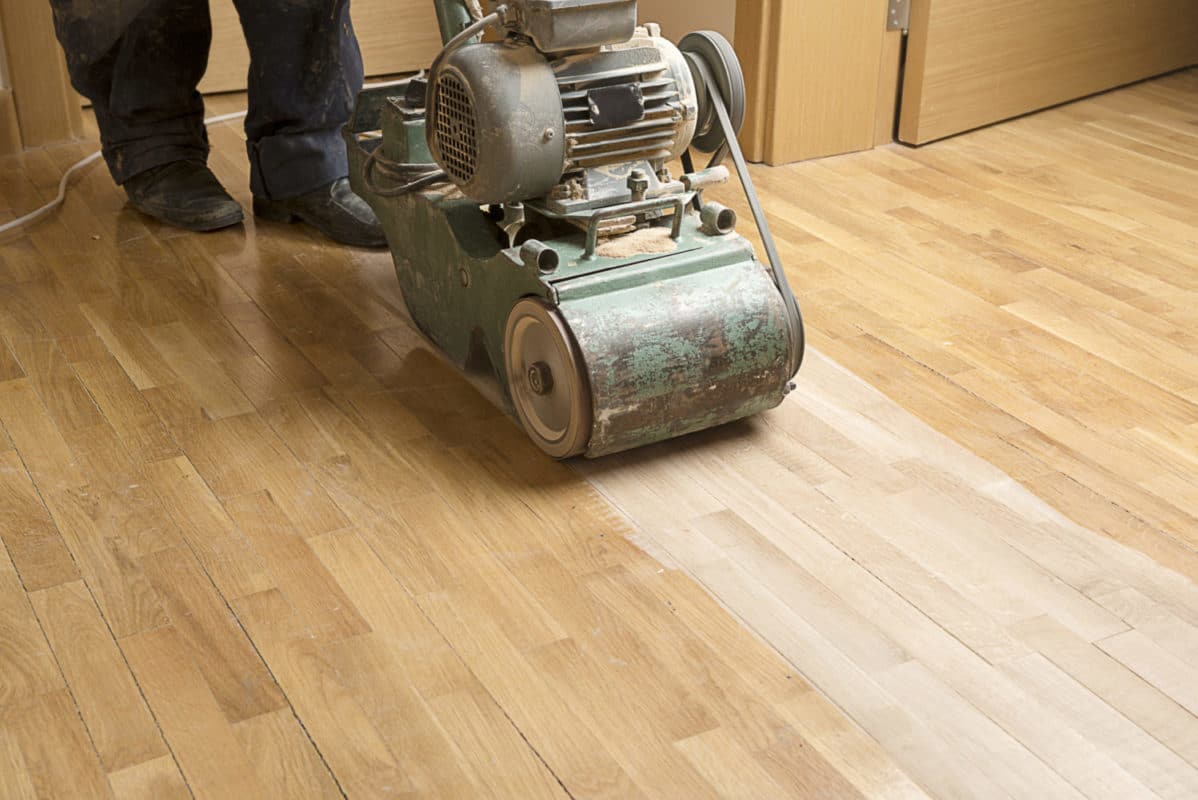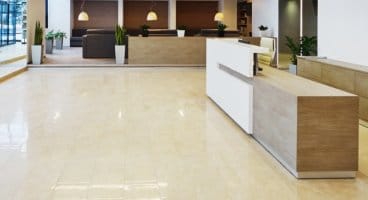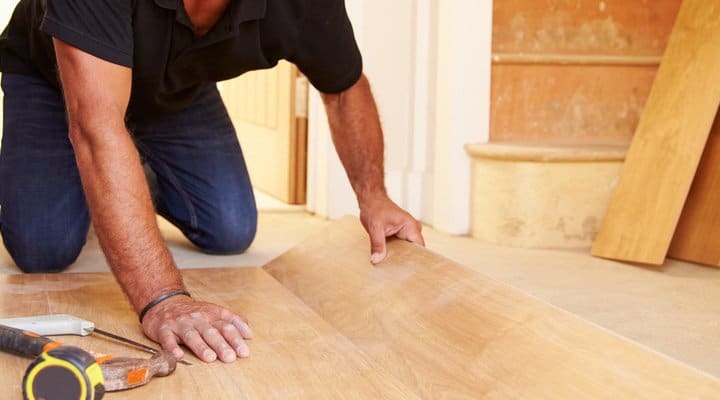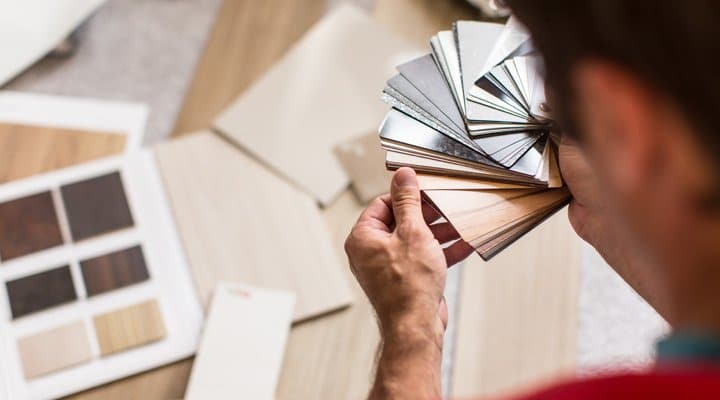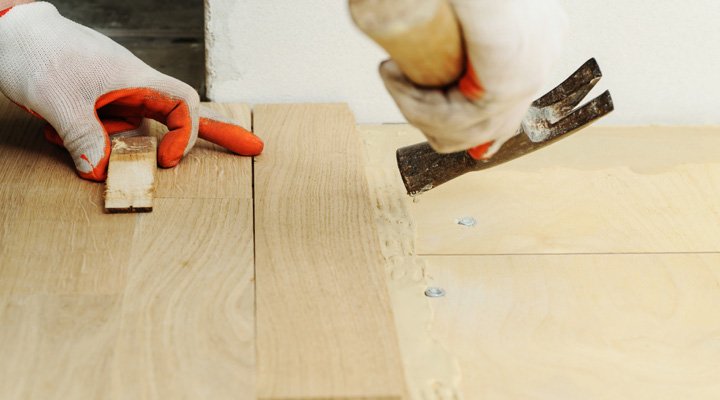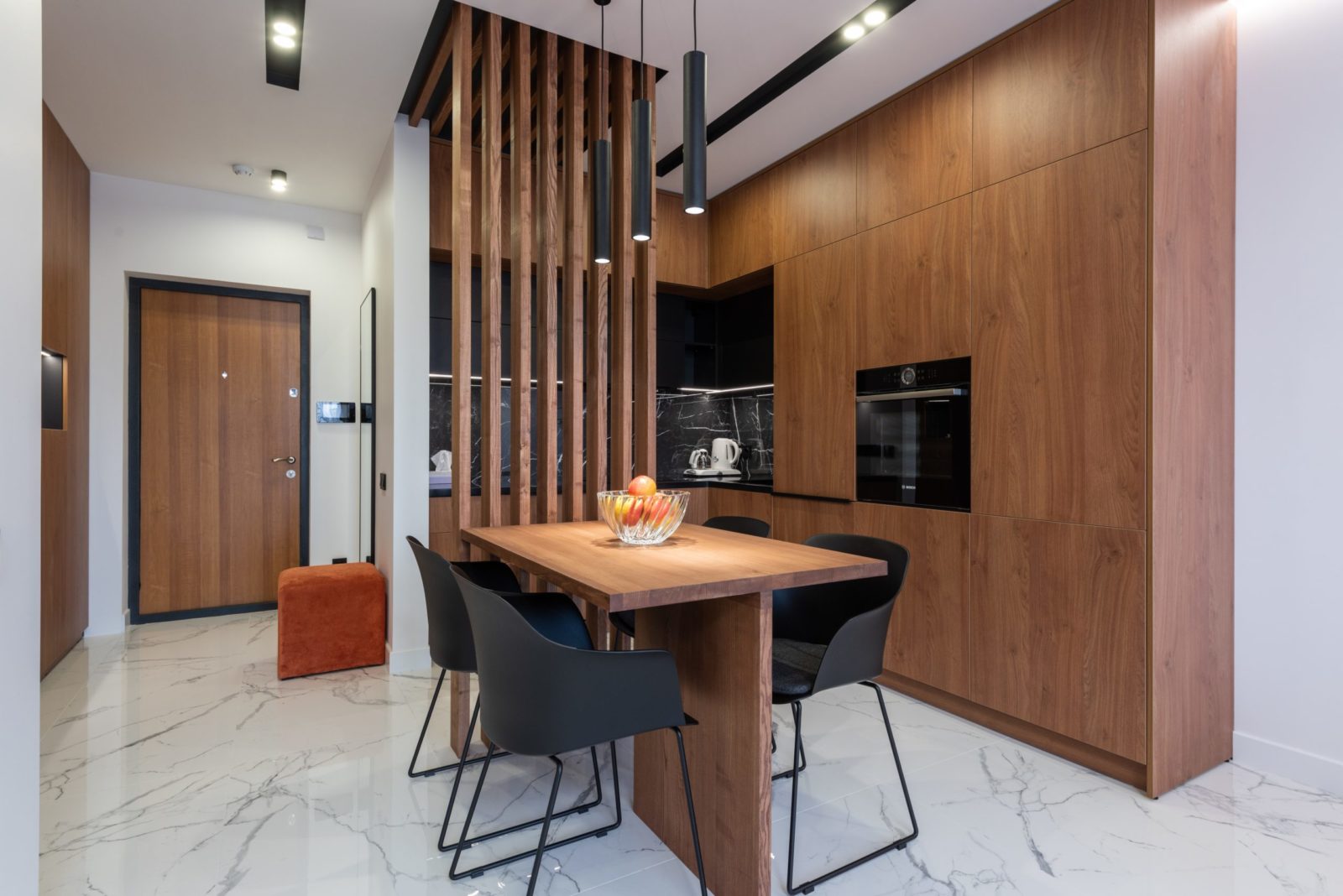

27 Feb What is the best flooring for housing resale value?
As a homeowner or property investor, choosing the right flooring is one of the most important decisions you’ll make for your property’s value. A key principle to remember is that the amount you invest in improvements should align with the value of your home. Are you upgrading a luxury waterfront residence or renovating a modest apartment?
Flooring is often considered “low-hanging fruit” when it comes to boosting value. The right choice can transform a property’s look and feel — and the wrong choice can hold it back. In this guide, FloorVenue’s experts explain how flooring can increase resale value while keeping your budget under control.
Hardwood Flooring: Premium Option with the Highest Resale Value
Buyers are consistently willing to pay more for homes with hardwood (solid timber) flooring. According to Realtor, hardwood delivers a 70–80% return on investment (ROI). Renovation expert Alex Biyevetskiy also confirms that hardwood can increase resale value by up to 2.5% when installed correctly.
With costs ranging from $85–$120 per sqm (supply only), hardwood is the most expensive option. However, in luxury homes, the ROI typically outweighs the cost. Hardwood also appreciates in market value, making it a reliable long-term investment.
Pros and Cons of Hardwood Flooring
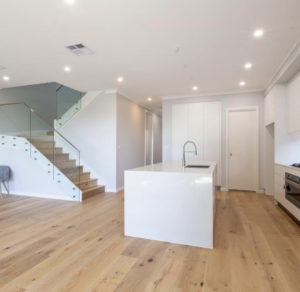

Engineered Flooring: Cheaper Timber Option for Houses and Apartments
Engineered timber flooring provides the authentic timber look at a fraction of the cost of solid hardwood. With a genuine timber veneer on top and a stable multi-layered core, it is virtually indistinguishable from hardwood once installed.
Engineered timber costs $60–$100 per sqm (supply only), making it a smart investment for houses and apartments where full hardwood might not deliver enough ROI.
Pros and Cons of Engineered Flooring
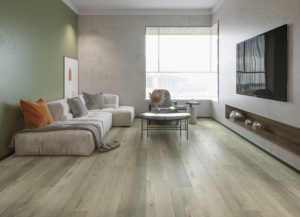

Laminate Flooring: A Durable, Stylish and Affordable Option
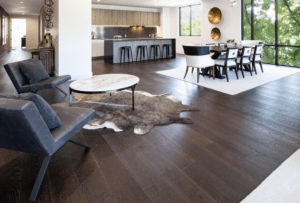

For investment properties and smaller apartments, laminate flooring delivers the best value-for-money balance. With prices between $20–$50 per sqm, laminate is tough against scratches and stains while still offering a wide range of stylish finishes.
Unlike timber, laminate’s surface is printed with high-quality embossing to mimic real wood. The variety of colours and styles ensures there’s an option to match any interior design.
FloorVenue’s expert installers emphasise that laminate and hybrid floors should be installed on subfloors with no more than 4mm variance over 2 metres, as required by Australian Standard AS 1884. This ensures long-term durability and stability.
Pros and Cons of Laminate Flooring
Key findings: Cost vs Return On Investment of Flooring
That sums up the top three flooring choices, which are largely dependent on the value of the property itself. There are many other factors to consider, including current market trends, location, property purpose and more. Key takeaways:
- Solid hardwood flooring has the greatest impact on increasing home value. However, its high price tag means it is more suitable for high-end homes.
- Engineered timber (or hardwood) flooring also increases home value and is almost indistinguishable from solid timber flooring. It’s more affordable and also suitable for apartments.
- Laminate flooring is suitable for rental properties and can increase home value because of its beauty and durability. It’s also much cheaper than the other two options, and is hence recommended for less-expensive properties.


Take into consideration of trends in your specific location, as preferences will differ between different states, territories and suburbs. Make sure you note that Hybrid flooring is growing in popularity, and can very well contribute to a higher sale price. Remember that the market is a dynamic place, so be sure to keep up with the changes.
Common Flooring Mistakes That Reduce Property Value
In saying this, there are also rookie errors that must be avoided at all costs. The worst-case scenario is accidentally reducing the property’s value while trying to increase the resale price. Below are the three most common mistakes that can devalue a home:
1) Mix & Matching Flooring
The last thing a home buyer wants to see is each room with a different type and colour of flooring. Imagine stepping out of a carpeted bedroom into a hardwood hallway, then into a laminate living room. It feels inconsistent and unappealing. Buyers seek flow and uniformity, especially in apartments and houses.
There are exceptions in wet areas such as bathrooms, kitchens, and laundries, where tiles or waterproof flooring are more practical. As a general rule, the more consistent the flooring throughout, the greater the boost to property value.
2) Choosing Carpet Over Timber Flooring
Carpet has declined in popularity and is now mainly used in bedrooms for its warmth and comfort. Across the rest of the home, timber flooring is far more desirable. Carpet can trigger allergies, is harder to clean, and typically wears out faster. Most importantly, it lacks the luxury look and modern appeal of timber options.
Takeaway: Limit carpet to bedrooms if necessary, but keep in mind that it may still compromise your property’s value.
3) Needless Flooring Replacement
Not every imperfection requires a full replacement. Small defects are often repairable, which can save you both time and money while still maintaining value.
Ask yourself:
-
Are the floorboards structurally sound, or do they genuinely need replacing?
-
What is the current selling value of the property, and will new flooring significantly impact it?
-
Is the damage isolated to a small area or spread throughout the home?
-
Is the same colour or timber species still available on the market?
Solid hardwood and engineered timber can be sanded and refinished multiple times for a fresh look, making them cost-effective to restore. By contrast, hybrid, vinyl, and laminate boards generally need to be replaced entirely when damaged.
Before making the decision to replace, ensure the subfloor meets tolerances outlined in Australian Standard AS 1884, which allows up to 4mm variance over 2 metres for floating floors.
👉 Not sure if your floors need repairing or replacing? Contact FloorVenue today — our experts can inspect your home and recommend the most cost-effective solution.
Conclusion: How Can Flooring Increase the Value of My Property?
Hardwood flooring offers the highest return on investment, but its premium cost makes it best suited for luxury homes. Engineered timber is a more affordable alternative, delivering almost the same look and value as solid timber at a lower price. For apartments and investment properties, laminate remains the go-to option, combining durability, style, and affordability while still appealing strongly to buyers.
To maximise resale value, maintain consistent flooring throughout your property, minimise the use of carpet, and only replace floors when it’s truly beneficial.
👉 Ready to unlock the full potential of your property? Contact FloorVenue today for a free consultation, or visit our showroom to explore flooring options tailored to your home and budget.


